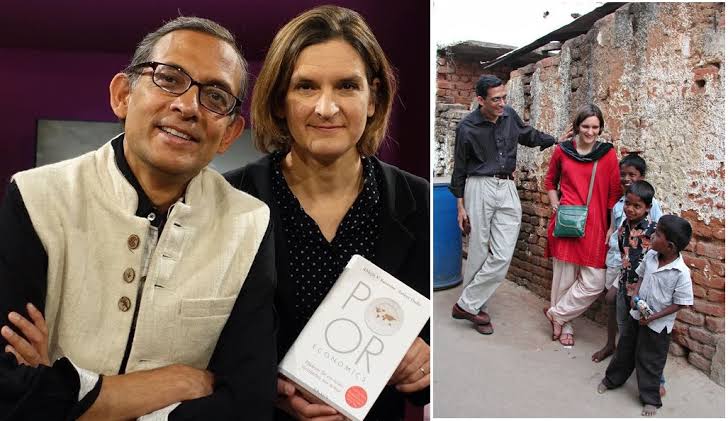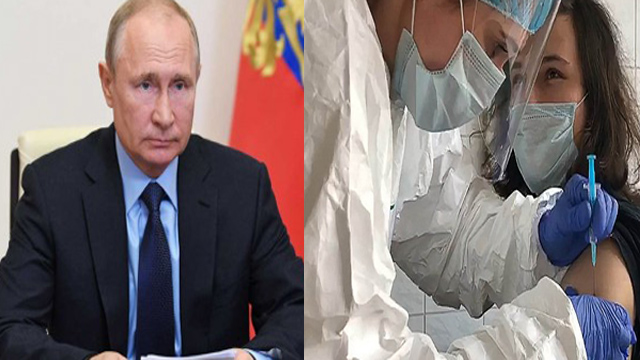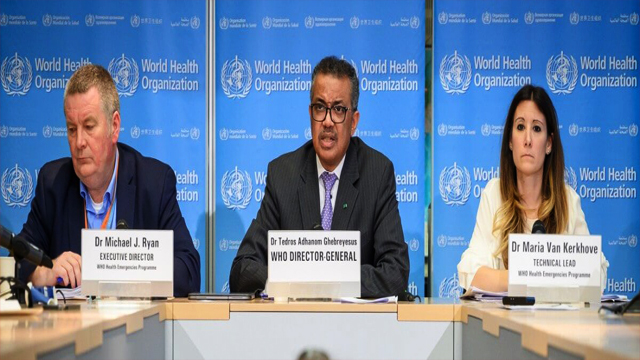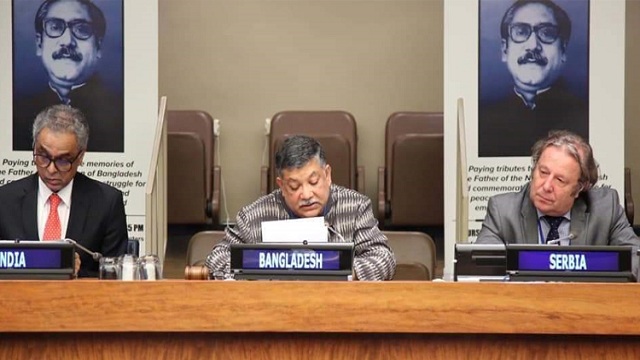'2023 may be even tougher,' IMF chief says
Published:
2022-07-21 08:27:12 BdST
Update:
2024-04-18 07:01:39 BdST
Live Correspondent: International Monetary Fund chief Kristalina Georgieva has some bad news for the global economy. Ms Georgieva writes in her latest blog, "Facing a Darkening Economic Outlook: How the G20 Can Respond," that it's "going to be a tough 2022 — and possibly an even tougher 2023", reports ndtv.
Already reeling under the twin blows of the Covid pandemic and the Ukraine-Russia war, the global economy faces an increased risk of recession, she adds.
Taming Inflation Monster
A major concern for Georgieva remains the high global inflation, accelerated by the war in Ukraine and the consequent economic aftershocks. The IMF, in its April 2022 Economic Outlook, expected "already-elevated inflation to persist for longer". As per the projections, inflation in advanced economies is projected at 5.7 per cent in 2022, while emerging economies will see inflation rise to 8.7 per cent.
Fearing that a high inflation rate could sink post-Covid global economic recovery, Georgieva has urged countries to "do everything in their power" to bring it down. Central banks continuing to tighten their monetary policy – hiking interest rates – decisively is one way out, she notes.
Since July 2021, her blog notes, 75 central banks have raised interest rates an average of 3.8 times. Georgieva's message is clear – "acting now will hurt less than acting later".
Economic Growth Casualty?
Amid the global battle to curb inflation, however, economic growth is likely to be the casualty. According to IMF's April 2022 projections, global growth is projected to slow down to 3.6 per cent in 2022 and 2023. This is largely due to the impact of the Ukraine war. However, given the continued geopolitical disturbances, a further downgrade is expected.
"Recent indicators imply a weak second quarter (April-June)," she writes, fearing that the outlook remains "extremely uncertain".
China – a major global economic driver – is a cause for worry. According to a G-20 surveillance note by the IMF, "Slower growth in China and other G-20 economies could further derail the economic recovery. China's slowdown could turn out more severe than currently projected."
Avoiding Debt Trap
Georgieva has urged economies to adopt a fiscal policy - government revenue and expenditure - that will facilitate efforts to curb inflation. A tighter fiscal policy, she argues, will not only help fight inflation but also "reduce the burden of increasingly expensive borrowing".
Her stress on reducing the debt burden is likely to find many takers across the world. A recent analysis shows that apart from Sri Lanka, countries like Lebanon, Russia, Suriname, and Zambia are in a debt default. Belarus and at least a dozen other countries are in danger of default too.
Ms Georgieva recently cited Sri Lanka as a warning sign. "Countries with high debt levels and limited policy space will face additional strains. Look no further than Sri Lanka as a warning sign," PTI quoted her as saying.
A major reason for countries to reduce their debt is high sovereign bond yields. "Sovereign bond yields have reached more than 10 per cent in around a third of emerging economies," she writes, adding that such economies are more vulnerable to tightening global financial conditions.
A higher yield shows that the sovereign debt is riskier, and the potential of default is higher. A higher yield also shows that all is not well with the economy.
The appreciation of the US dollar and capital outflows from emerging economies only adds to the vulnerability of economies, as per the G-20 surveillance note.
Food Insecurity Rises
Ms Georgieva has called for greater international cooperation led by the G-20 to avoid potential economic crises and support the global food supply.
The IMF chief has also criticised growing "food protectionism" like banning food exports, arguing that such "restrictions are both harmful and ineffective in stabilising domestic prices".
However, G-20 members like Argentina, Turkey and India are among the 20 countries, as per IFPRI's Food Export & Fertilizer Restrictions Tracker, that have imposed some form of food export ban.
According to the World Bank's latest food security update, 94.1 per cent of low-income countries, 88.9 per cent of lower-middle-income countries, and 87 per cent of upper-middle-income countries have recorded inflation levels above five per cent. Over two-thirds of high-income countries have been experiencing high food inflation.
Topic:








Share Your Valuable Comments: